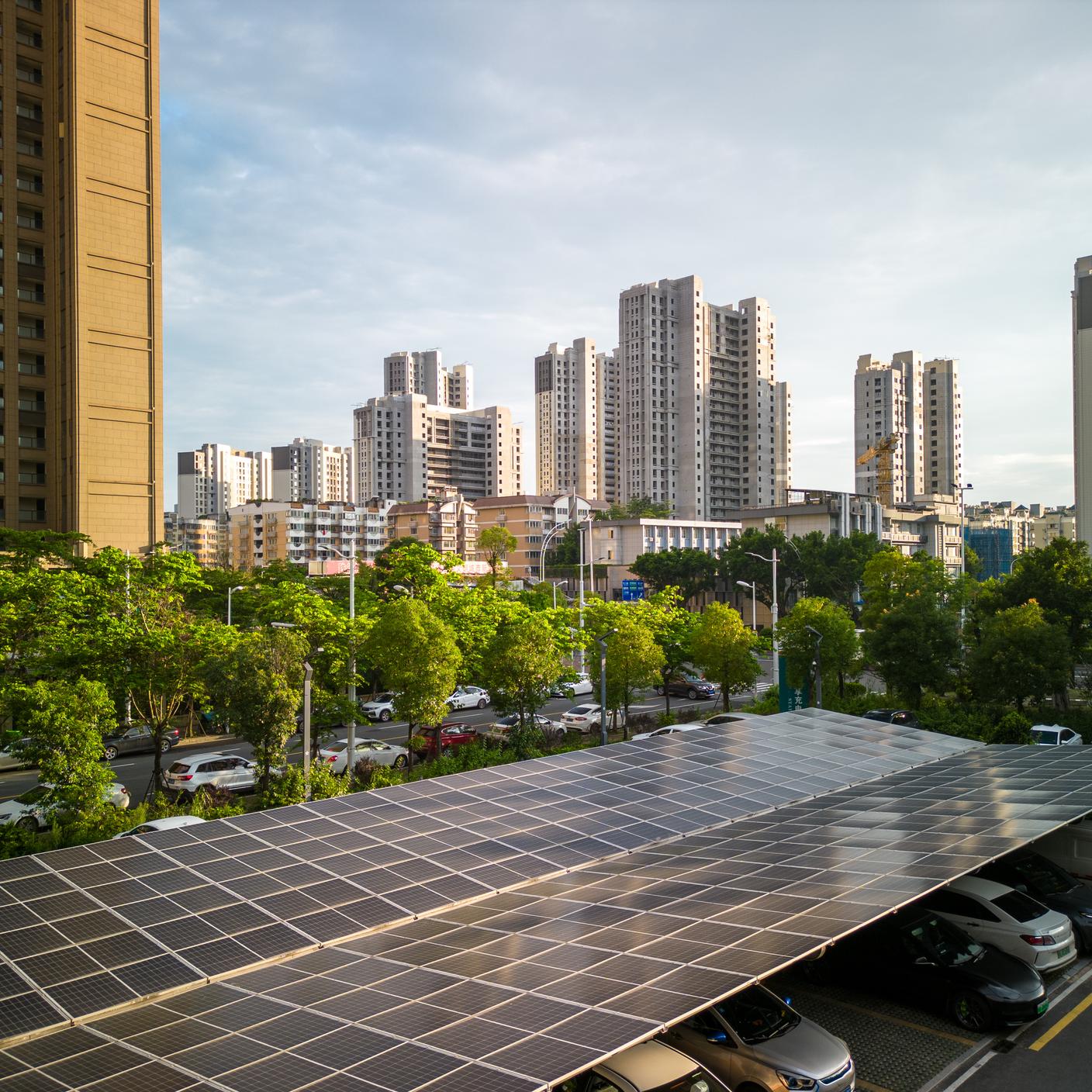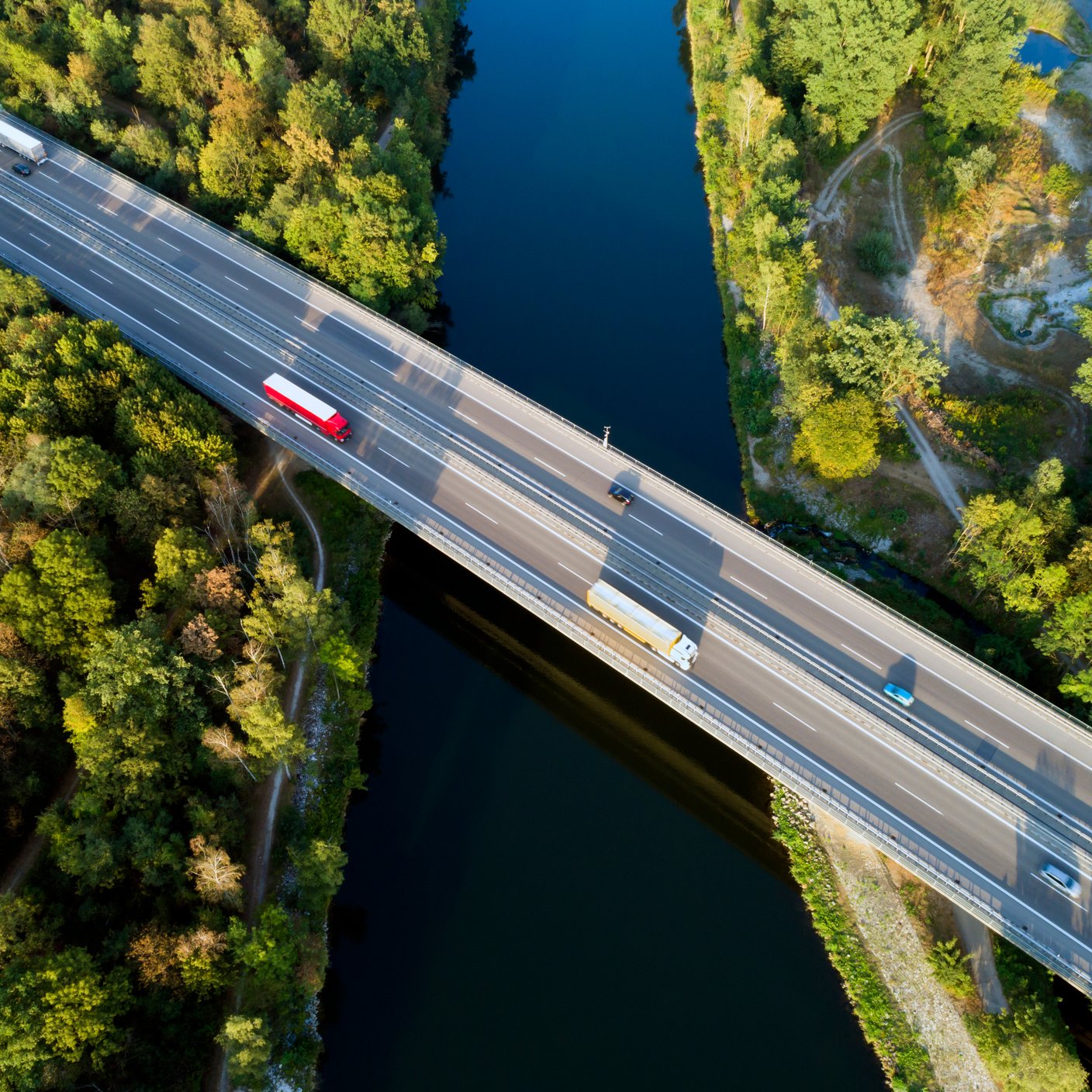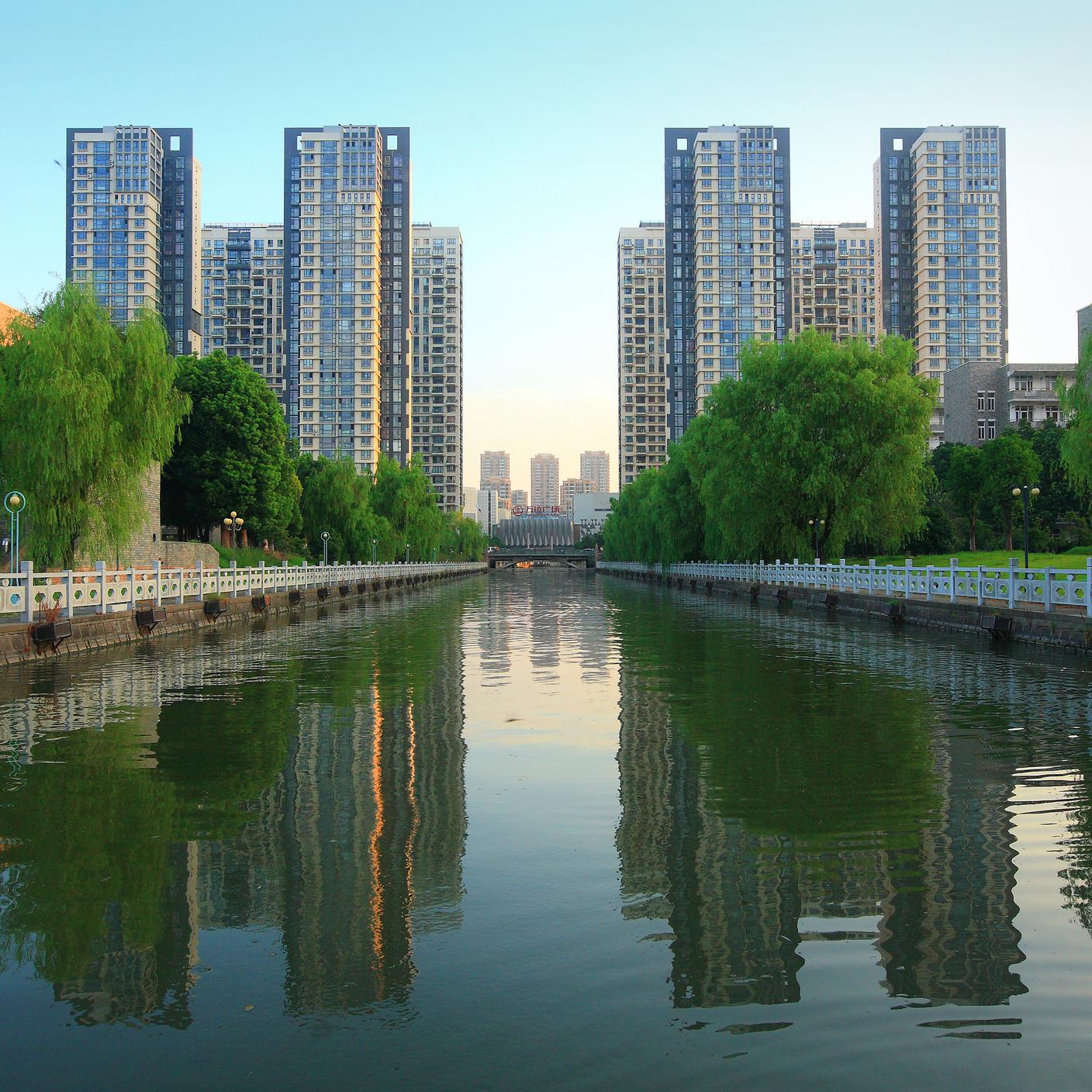The Future is Smart Energy
The UK's energy system is changing, with more low carbon generation from renewables than ever before. As part of the energy transition to renewable sources, and away from fossil fuels, the future grid must evolve to become low-carbon, smarter, and more flexible.
John Parsons, Director of Digital at BEAMA commented on the driving force behind this necessary change. He said: "Energy from conventional power stations is generally predictable and reliable, whereas energy from renewable sources such as wind and solar is intermittent, and therefore more unpredictable. This means that, if we’re to harness renewables effectively, we need to reshape the grid to accommodate them”.
Ofgem will collaborate with the government and energy industry to ensure a seamless transition to a smart and flexible energy system. They aim to introduce innovative markets, products, and services, making the journey towards net zero affordable and accessible for everyone, empowering a greener and more inclusive energy landscape.
Cost-Effective Usage for Flexible Energy
Achieving the UK's net zero climate goal and ensuring energy affordability for all requires a transformation that impacts not only how energy is generated but also how it is consumed and paid for.
In the transition towards a smart and flexible energy system, consumers will actively participate by adopting new tariffs and utilizing energy-smart appliances (ESA), such as electric vehicle chargers.
John Parsons, Director of Digital at BEAMA: “Another major factor for the move towards is the use of electrically powered vehicles, which the Government is backing, and more heat switching from gas to electric. This will mean major loads from transport and heat shifting on to the grid, increasing the burden on the network.”.
This active engagement leads to cost-effective electricity usage and significant savings. Moreover, investing in appliances with smart capabilities ensures users have the necessary functionality to effectively interact with the new, flexible system.
Digitizing the Grid for the Transition to Renewable Energy
Digitization is a game-changer, shaping a sustainable and resilient energy future. As wind and solar gain importance, a flexible and smart grid becomes necessary as John Parsons explains:
“The third factor behind changes to the grid, and a key enabler, is digitalization. There are now many digital tools, services and products that network operators can call on to provide the flexibility that the switch to renewables demands. Recent years have also seen an increase in the availability of data engineering software skills to support the uptake of digitalization in the energy sector”.
Digital tools empower operators to efficiently integrate renewables while real-time monitoring optimizes energy distribution for effectiveness. Moreover, the growth of data engineering software skills enhances the analysis of energy data, unlocking new possibilities.
Empowering a Greener and More Inclusive Energy Landscape
As the energy system moves towards cleaner and more flexible grids, the use of renewable sources like wind and solar becomes increasingly important. Ofgem, the government, and the energy industry are working together to create a smooth, affordable, and accessible transition to a smart energy system, promoting a greener and more inclusive energy landscape.
Consumer participation is key to achieving the net-zero climate goal and making energy affordable for all. By adopting new tariffs and using energy-smart appliances, consumers can actively save on electricity costs.
Digitization is crucial for a sustainable energy future. Digital tools enable operators to integrate renewables efficiently, and real-time monitoring optimizes energy distribution for maximum effectiveness.
Overall, the combined efforts of government, the energy industry, regulators, and consumers will drive the UK towards a net-zero carbon future, transforming the energy grid and creating a cleaner, more sustainable world.
The Role of Standards
The strategy for UK government and industry to make the transition to a smart, flexible energy system was formalized with the publication of HMG/Ofgem’s Upgrading our Energy System, Smart Systems and Flexibility Plan in July 2017.
The Energy Smart Appliances (ESA) Programme
BSI is working with the Department for Energy Security and Net Zero (DESNZ) and the Office for Zero Emission Vehicles (OZEV) to facilitate the uptake of safe, secure, and interoperable Energy Smart Appliances.








